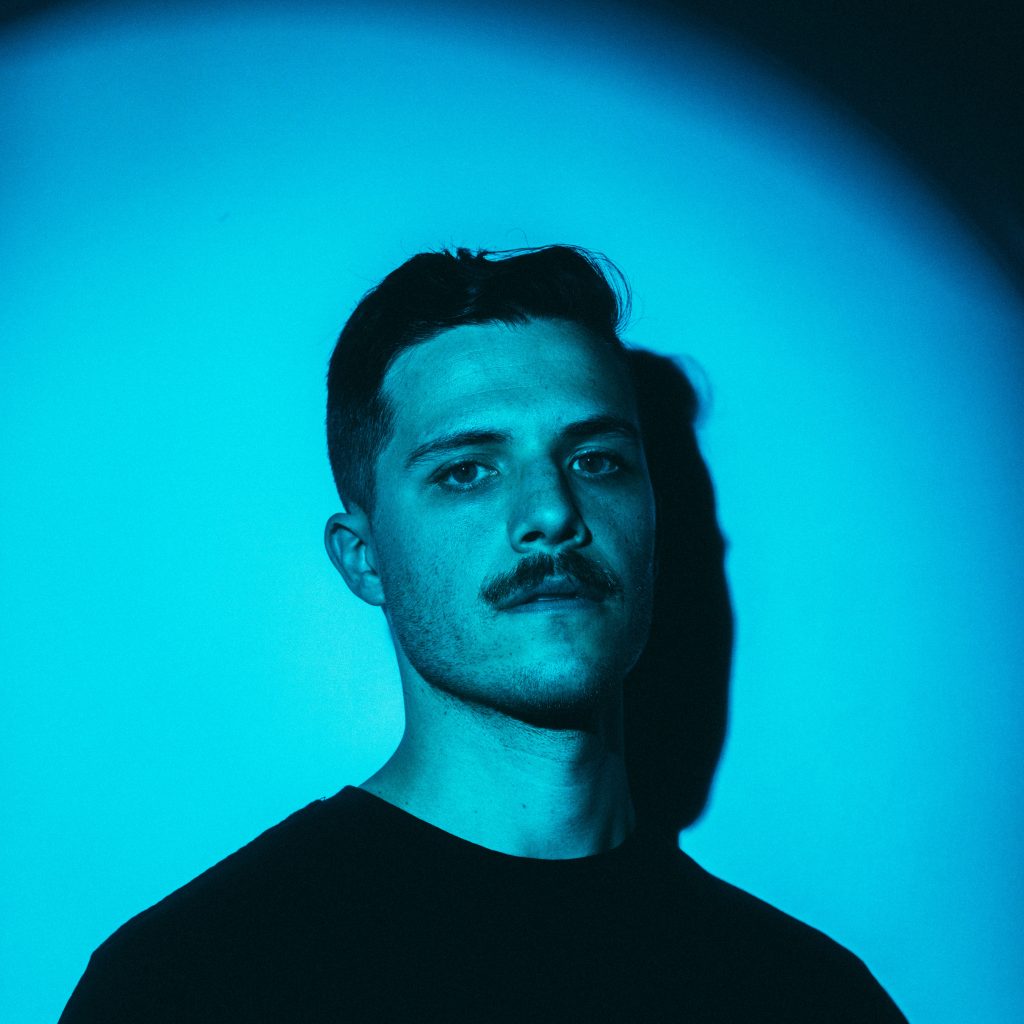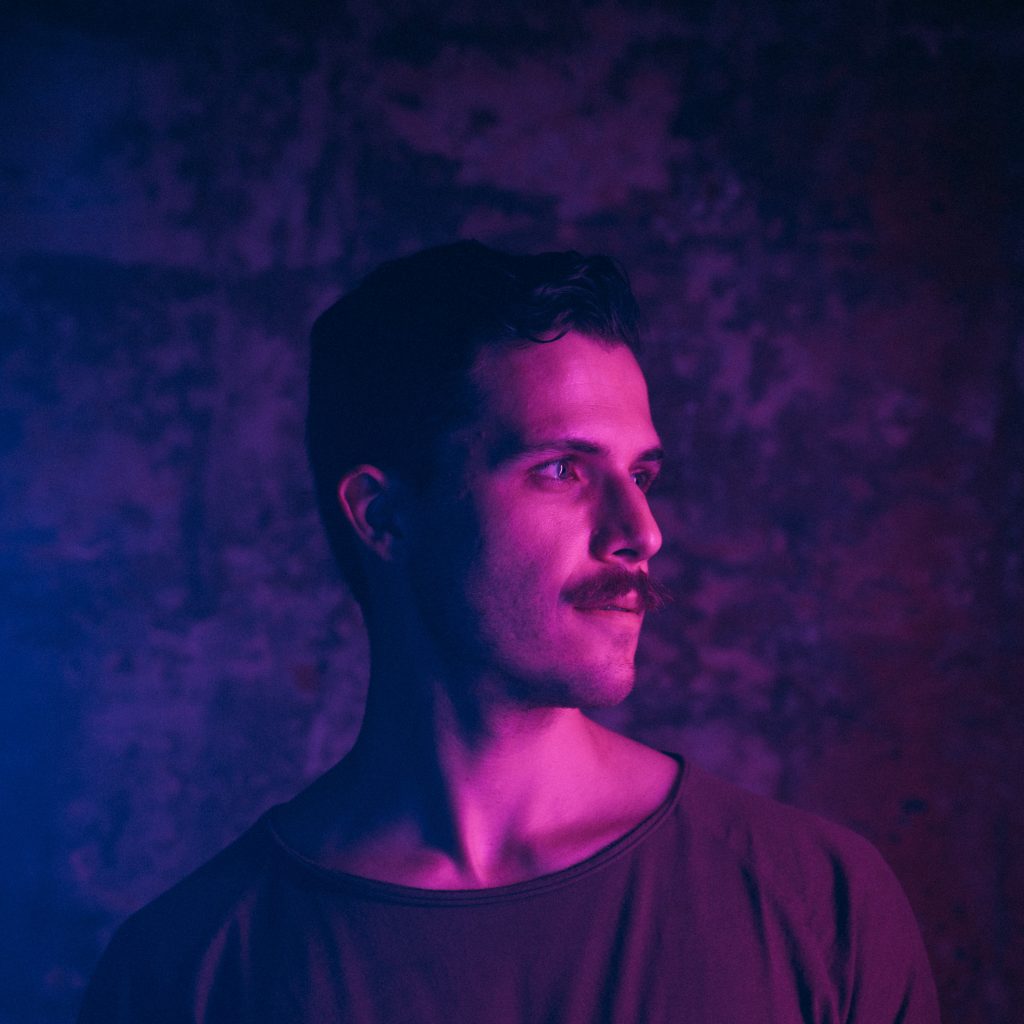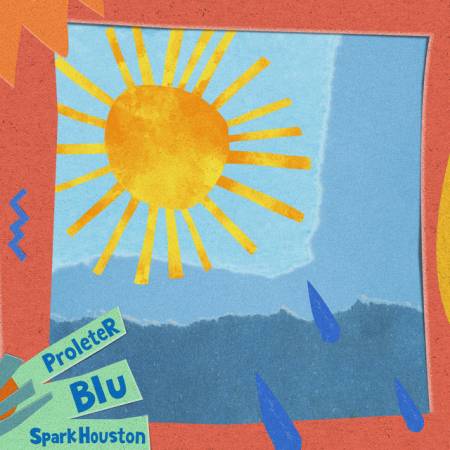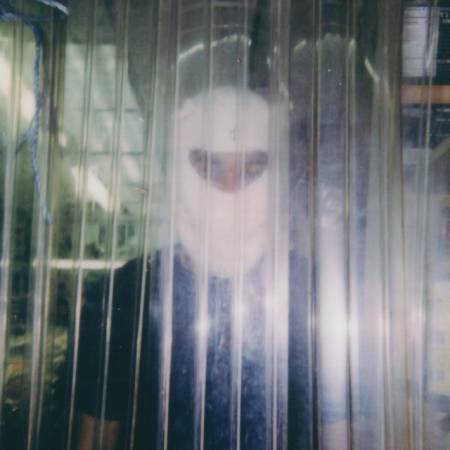US-based producer Enamour has created a style that refuses to obey form and predictability. In one instance you might hear influences from organica, and in another, the hypnotic power of dark techno might reveal itself throughout his catalog. He has not only remixed for the likes of Lane 8, RY X, and Above & Beyond, but he also released on iconic labels such as When We Dip, Rose Avenue, and Last Night On Earth. However it was his Say Hello EP release on Anjunadeep where I first connected with his music as an artist, and it was his podcast with Will Clarke where I connected with him as a person.
In this interview, we’re acquainted more with that side of Enamour as he opens up about his early struggles, playing shows, and the story behind his latest releases.

If you could pinpoint a particular encounter or experience that sparked your fascination with electronic music, what would it be?
I think it would be around 2008 or so, stumbling on acts like the Crystal Castles, Flying Lotus, The Bloody Beetroots, etc., and hearing a whole new world of electronic sounds, experimentation, and energy that I hadn’t experienced before.
What was happening in the period of your life when you made the decision to leave your corporate job, and fully pursue a career in music?
Stay up to date.
New music and exclusive updates in your inbox weekly.
By the time I actually quit, I had already released on some notable labels, was touring with Lane 8, and had a manager and agent. I basically waited until the absolute last minute I could before it became obvious I wouldn’t be able to juggle the 9-to-5 job and commit to a music career. I had been a really strong employee at the company but that final year I think my boss started to realize something was up and my heart wasn’t in the job anymore. So once my client project ended, it felt like a good moment to leave the position respectfully and go full-time into music. I was living in DC at the time and had essentially zero free time for hobbies or friends outside of work and music.
During the early stages of Enamour, what were among the memorable struggles you faced trying to break into the music industry and get noticed?
The initial struggles involved getting noticed, getting my demos listened to, and building a network. The music industry is crowded, and standing out requires not just talent, but also strategy, consistent output, and luck. Finding my unique sound, garnering support from others in the industry, and breaking out beyond my local scene were all tough at first.
With each release, I must say you surprise listeners as you frequently jump from melodic house, melodic techno, and even organica. I'm curious to know your philosophy about how you strike a balance between establishing a signature sound, and continuously pushing the envelope and experimenting.
Yeah, I think I’m going down a less-traveled path in that regard…however, that path was paved by some of the most innovative artists in our scene, in my opinion. My philosophy is about staying true to my core sound and techniques while not being afraid to explore, innovate, and follow my inspiration. I’d get bored otherwise; it's about blending familiarity with surprise, and maintaining my identity while evolving artistically. I want to cultivate a fanbase that values this diversity, and so far most of them acknowledge there’s a common thread between all of it, which I’m very grateful for.
My DJ style mirrors this production ethos; I like playing a lot of styles in my sets, so it just makes sense to me that I would create tracks that can punctuate any moment in a set. My goal when DJing is to expose the crowd to new sounds and ideas, so my varied productions are just an extension of that goal. Maybe I could have had multiple aliases, but I think splintering the project would just prevent that organic cross-pollination within the fanbase, and would make it harder for fans to see the whole picture.
Talking about experimenting, your releases "Collider" and "Marquina" sound rather different from what we're used to from you. Can you elaborate on what aspects of your creative process underwent changes to achieve this new sonic direction?
Both tracks were inspired in part by the frustration I had while there was heavy construction on the street outside my studio. So that might be where the tough edge in both of them came from; I also sampled some of the construction noises and used them in both tracks. If you go through my catalog, I think you can find some common themes between these and older tracks like my releases on Desert Hearts Black or Zerothree.
For you, which of the two was the most difficult to finish and why?
Probably "Collider". I wanted the track to have this ethereal beauty and epic quality, while also being groovy, tough, and super playable. It’s a hard balance to get right from a compositional and mixing perspective.
Congrats on the new Felix Raphael remix mate! How does your approach vary when working on remixes compared to creating your original compositions?
Thanks! It’s not that different honestly. I like to take a few signature sounds from the original (usually including a vocal) and run a bunch of creative experiments to see if I can catalyze some inspiration. And from there I just get into a flow state and the track sort of writes itself. In the back of my head, I’m usually thinking about how I can recontextualize the original so that it’ll serve a new purpose for the listener and dancefloor.
During your conversation on the Will Clarke Podcast, you mentioned that doing remixes played a crucial role in establishing your name when you were starting out. Although in your current career stage, what role or purpose does producing remixes serve for you?
Yes, I was fortunate to get an opportunity to remix Lane 8 pretty early on in my career. And since then, I’ve had a few remixes for bigger artists help propel me forward in the scene. I think remixes still serve this purpose for me today, and often play this role for others, as they can create an association between you and the original artist, and help you reach a much bigger audience. But more importantly, it’s a way for me to collaborate with artists I admire, and provide a creative spin on their vision, which can be quite rewarding for both of us.
What does playing shows give you, that producing can't?
Playing shows offers an immediate connection with the audience. It's a live, dynamic exchange of energy that's exhilarating and fulfilling in a way that studio production can't match. The instant feedback and shared moments with the crowd are irreplaceable. Even when I’m having an incredible production session and getting goosebumps for a new track, it’s often within the context of imagining how it’ll go down in a set.
How would you describe the stage you're at in your career, and what does the next level look like for Enamour?
I'm at a stage where I feel confident in my sound and have built a solid foundation with fans all over the world. The next level involves more collaborations, expanding my touring on a global scale, continuing to pave my way, and finishing my debut album.

You've stated before that the electronic music scene in DC is vibrant yet somewhat underrated. What do you think is missing for the D.C. electronic scene to become known as an electronic hub?
Honestly, it’s kind of nice that it’s a bit under the radar. DC has some of the best clubs in the country, booking tons of top-tier talent, without too much hype where it would start to bring in a bad tourist crowd. It’s also a relatively small city. I think one of the main differences between DC and other electronic hubs across the globe is that DC doesn’t necessarily have its own sound or even a history of a specific sound (at least as it relates to modern dance music). Also, unlike some other cities, I think there’s a lot of turnover in the makeup of the scene, so there’s not necessarily a thread between generations of partygoers. Finally, it suffers from being known as a political city by outsiders—yet it’s so vibrant with so much culture and so much else besides that.
Okay so, 1) An artist/band you’d love to have a D.M.C (deep meaningful conversation) with, 2) An artist you think would be rad to party with, 3) An artist you would love to spend a week with in the studio.
- D.M.C: Max Cooper – his insights on music, creativity, and his multi-disciplinary work would be very interesting.
- Party: Solomun in Ibiza
- Studio Week: A three-way tie between James Holden, Floating Points, and Jon Hopkins. They all have an incredibly experimental approach and sound design mastery. It’d be a phenomenal learning experience and a lot of fun.








